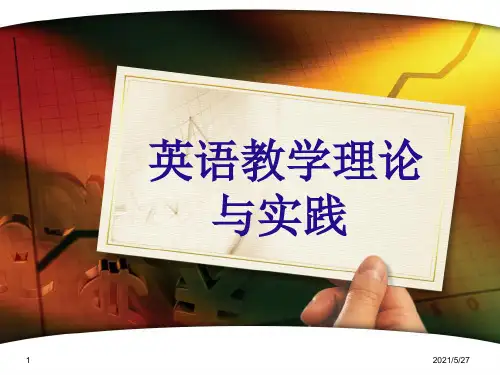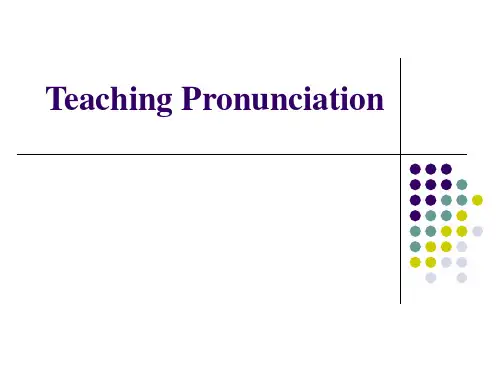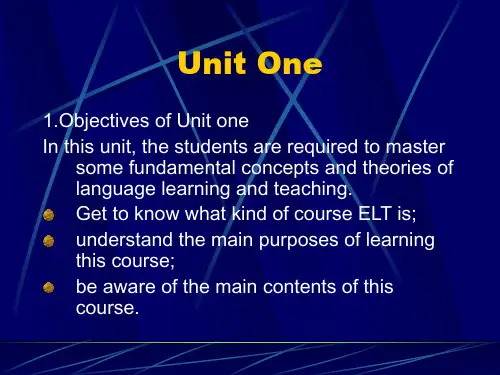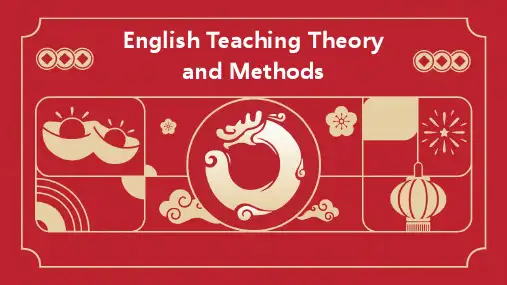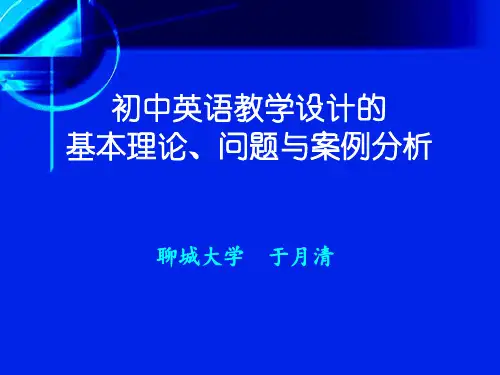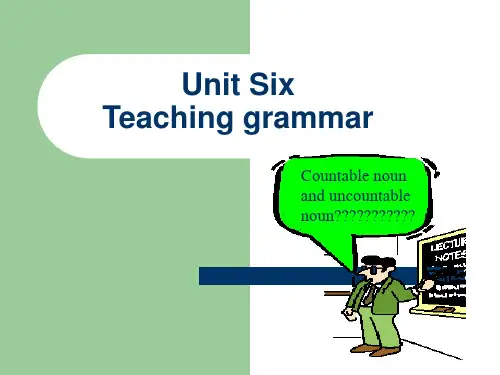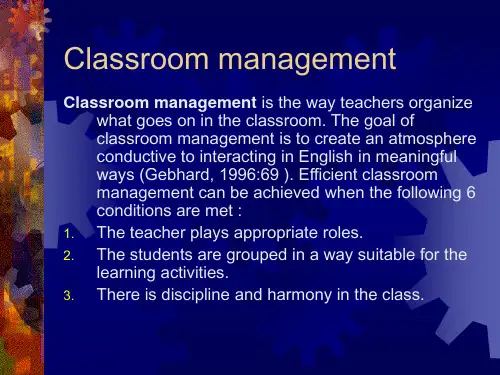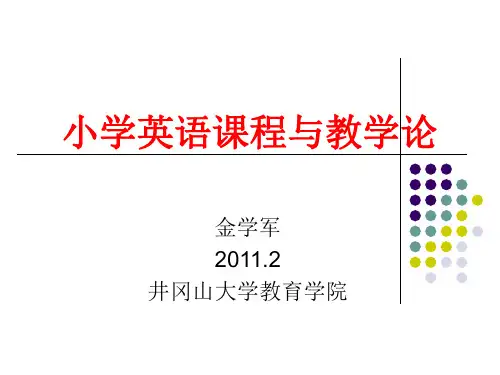Example Two:
used to and be used to
1.They are derived from “use” (n.)习惯;惯例 e.g. according to an ancient use It is his use to take a shower every morning.
Summary Box
Adjeห้องสมุดไป่ตู้tive like boring and bored
Source or cause is –ing Things or people are Amusing, amazing, Astonishing, bewildering Frightening, horrifying Shocking, surprising Confusing, depressing Disappointing, disgusting
The party is really amazing. They are interested in the topic.
Mr.Smith is hard-working, though his work is a little boring. Sometimes he felt depressed when he could not finish it.
B. Inductive method Example One:
Discovering language:
Look at these two sentences. 1. Their guest’s name is Grolla. 2. Their daughters’ names are Hannah and Ella.
Teacher might be able to give greater emphasis to the –ed forms, providing or inviting examples in contexts where participants are affected(emotionally)by events. In this way, our learners might become more accurate when they decide to tell us how bored (or interested) they are in our classes.

